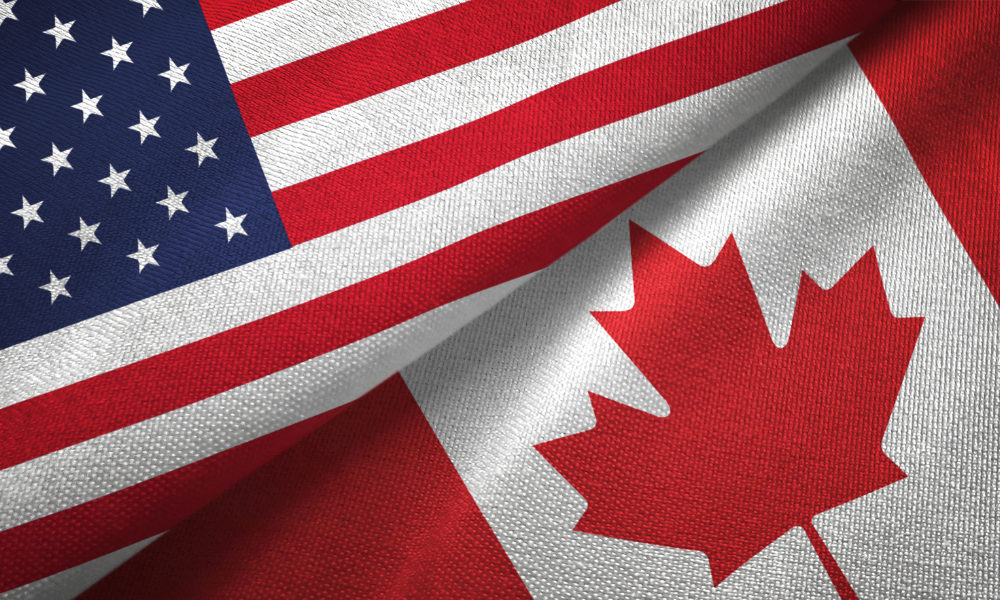Canadian businesses face M&A delays as US tariffs loom, but cross-border opportunities may arise

US President Donald Trump’s proposed 25 percent tariffs on Canadian goods are expected to disrupt merger and acquisition (M&A) activity in Canada in the first half of 2024.
However, long-term opportunities for cross-border deals may emerge from structural trade changes, according to KPMG in Canada’s Deal Advisory leaders.
The uncertainty surrounding US-Canada trade relations could reduce the attractiveness of companies with US exposure, said Marco Tomassetti, president of KPMG Corporate Finance Inc.
He noted, “Earnings uncertainty makes business valuation and deal financing more difficult and generally leaves buyers with two alternatives: either introduce deal structure and related protections – which most sellers won’t accept – or simply wait to see how things play out before triggering M&A.”
Trump’s directive on his first day in office instructed federal agencies to assess trade practices, with the tariffs on Canadian goods expected to take effect in February.
Canada’s government has indicated it would consider counter-tariffs in response.
According to Tomassetti, the immediate impact of this uncertainty could include delayed deal activity as buyers and sellers assess the implications of tariffs on earnings.
He stated, “This uncertainty results in downward pressure on valuations and increases the likelihood of a failed deal – two outcomes that business owners want to avoid.”
Despite these challenges, private companies with low US exposure, strong pricing power, or service-based business models are still generating significant interest and valuations.
Tomassetti noted, “The pipeline for deals is healthy, and we are seeing in-market transactions generate lots of interest at fulsome valuations.”
Neil Blair, partner and national leader of KPMG Canada’s Deal Advisory practice, highlighted potential longer-term effects of trade changes, including opportunities for Canadian firms to acquire US assets.
“A trade war will spur cross-border deals as Canadian companies and investors consider strategic acquisitions in the US,” Blair said.
He added that possible renegotiations of the Canada-United States-Mexico Agreement (CUSMA) could drive Canadian companies to acquire US manufacturing plants to meet new supply chain requirements.
Blair also cited Canada’s political landscape, including potential changes to capital gains taxes, as a long-term driver for M&A activity.
A KPMG in Canada business survey revealed that nine in 10 Canadian CEOs plan to pursue acquisitions over the next three years, with four in 10 expecting major deals.
Additionally, nearly 75 percent of small and medium-sized businesses are exploring acquisitions to drive growth.
To navigate the challenges posed by US tariffs and trade uncertainties, KPMG’s Deal Advisory leaders recommend:
-
Conducting impact assessments to identify vulnerabilities related to trade restrictions.
-
Engaging in scenario planning to address tariff costs and potential barriers.
-
Developing mitigation strategies to showcase value creation to potential buyers.
-
Conducting robust, data-driven due diligence to evaluate trade impacts on acquisition targets.
-
Engaging trusted advisors with cross-border M&A, tax, and supply chain expertise.
These measures promises to help Canadian businesses adapt to the evolving trade environment while seizing long-term growth opportunities.



